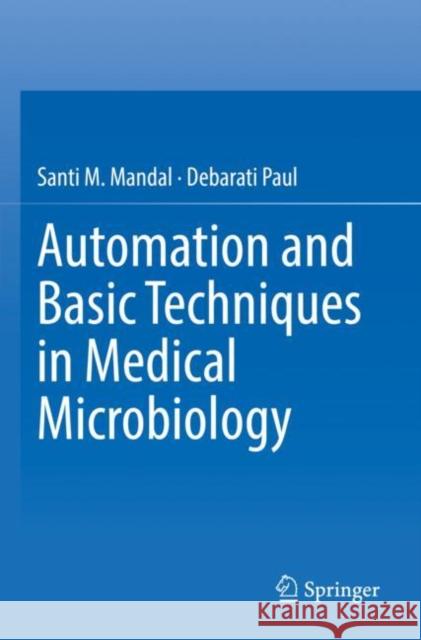Automation and Basic Techniques in Medical Microbiology » książka
topmenu
Automation and Basic Techniques in Medical Microbiology
ISBN-13: 9781071623749 / Angielski / Miękka / 2023
Automation and Basic Techniques in Medical Microbiology
ISBN-13: 9781071623749 / Angielski / Miękka / 2023
cena 442,79
(netto: 421,70 VAT: 5%)
Najniższa cena z 30 dni: 424,07
(netto: 421,70 VAT: 5%)
Najniższa cena z 30 dni: 424,07
Termin realizacji zamówienia:
ok. 16-18 dni roboczych.
ok. 16-18 dni roboczych.
Darmowa dostawa!
This book discusses principles, methodology, and applications of microbiological laboratory techniques . It lays special emphasis on the use of various automated machines that are essential for medical microbiology and diagnostic labs. The book contains eleven major chapters. The first chapter describes the good lab practices which should be followed by the students in all biological, chemistry or microbiology laboratories. The next chapter describes manual and automated characterization of antibiotic resistant microbes, followed by a chapter on genomics based tools and techniques that are integral to research. Further chapters deal with other important techniques like immunology based techniques, spectrophotometry and its various types, MALDI-TOFF and microarrays, each with illustrations and detailed description of the protocols and applications. The book also gives certain important guidelines to the students about the planning the experiment and interpreting results.
The book is highly informative and provides latest techniques. It is a handy compendium for graduate and post graduate students, as well as more advanced researchers.











